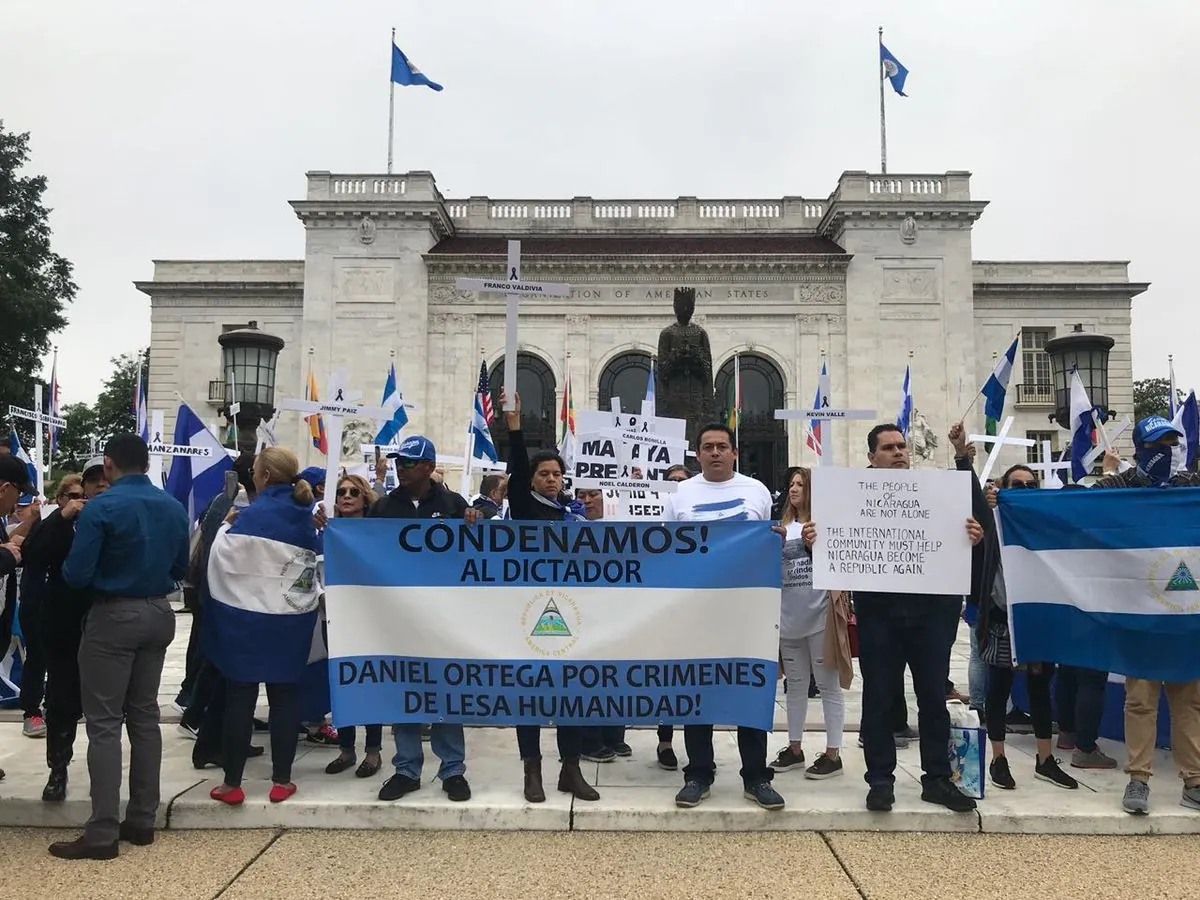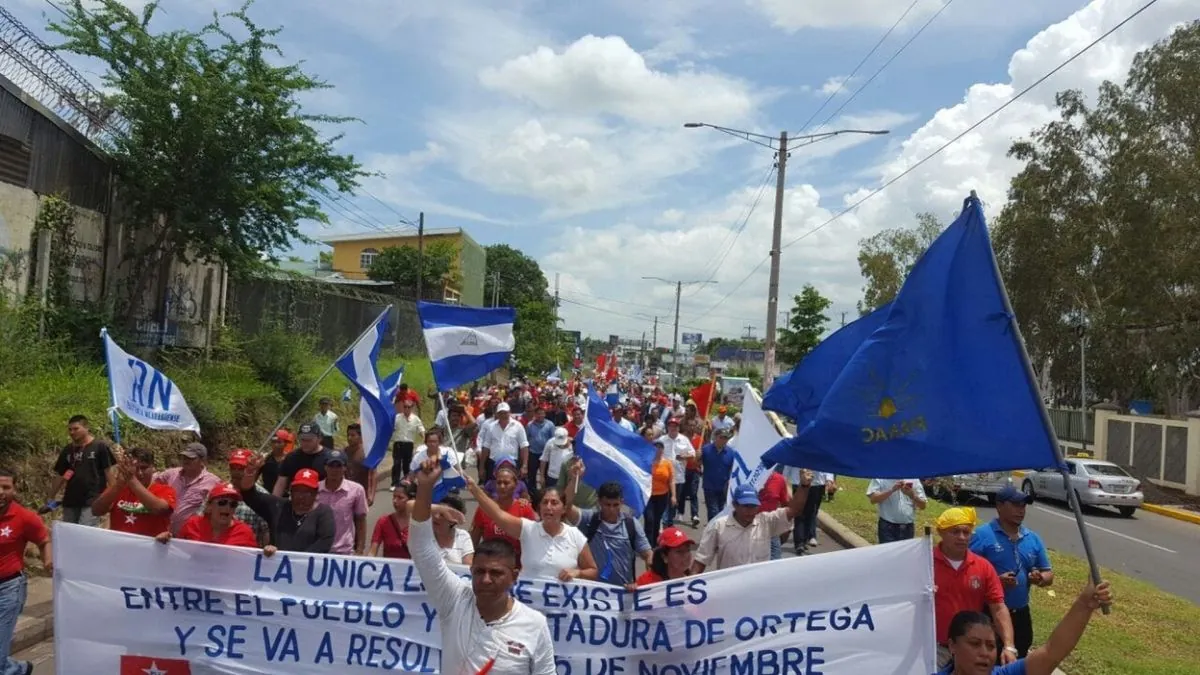Nicaragua Strips 135 Released Prisoners of Citizenship and Assets
Nicaragua revokes citizenship and seizes property of 135 recently released prisoners, citing national security concerns. UN experts condemn the action, highlighting ongoing human rights violations in the country.

In a controversial move, the Nicaraguan government has announced the revocation of citizenship and confiscation of property belonging to 135 individuals recently released from prison. This decision, made public on February 14, 2024, marks another chapter in the ongoing political turmoil in the Central American nation.
Daniel Ortega's administration, which has governed Nicaragua since 2007, justified this action through a Supreme Court of Justice press release. The statement claimed that the affected individuals were "convicted of criminal acts" against national sovereignty and accused of promoting violence and economic destabilization.
This latest development follows a pattern of government crackdown on dissent that has intensified in recent years. In February 2023, a similar situation unfolded when 222 political leaders, activists, and others were released and subsequently stripped of their citizenship, leaving many effectively stateless.

The release of the 135 prisoners was part of a deal with the United States and Guatemala, with the individuals temporarily relocating to Guatemala before potentially moving to the US. While details of the agreement remain undisclosed, American authorities maintain that no concessions were made to secure their release.
"We have made available to the 135 Nicaraguans an expedited refugee procedure, which has also been extended to their family members still in Nicaragua."
The United Nations has taken a strong stance against these actions. A group of UN human rights experts released a report on February 14, 2024, sharply criticizing the Nicaraguan government. The report, based on over 1,200 interviews and nearly 5,000 documents, concluded that the government's actions constitute crimes against humanity and have left the "Nicaraguan people defenseless against serious human rights violations."
Nicaragua, the largest country in Central America by area, has a population of approximately 6.6 million as of 2024. Despite its rich biodiversity and potential for tourism, with numerous volcanoes, lakes, and beaches, the country has been grappling with political instability and economic challenges.
The government's actions have raised concerns about the fate of those affected. Without citizenship and property, and unable to return to their country, former prisoners face significant challenges in rebuilding their lives. This situation has drawn international attention to Nicaragua's human rights record and its impact on its citizens.
As of September 2024, opposition sources estimate that about 40 individuals are still considered political prisoners in Nicaragua, including 10 who have been incarcerated since before the 2018 social protests. The ongoing situation continues to strain Nicaragua's relationships with the international community and raises questions about the future of democracy and human rights in the country.


































